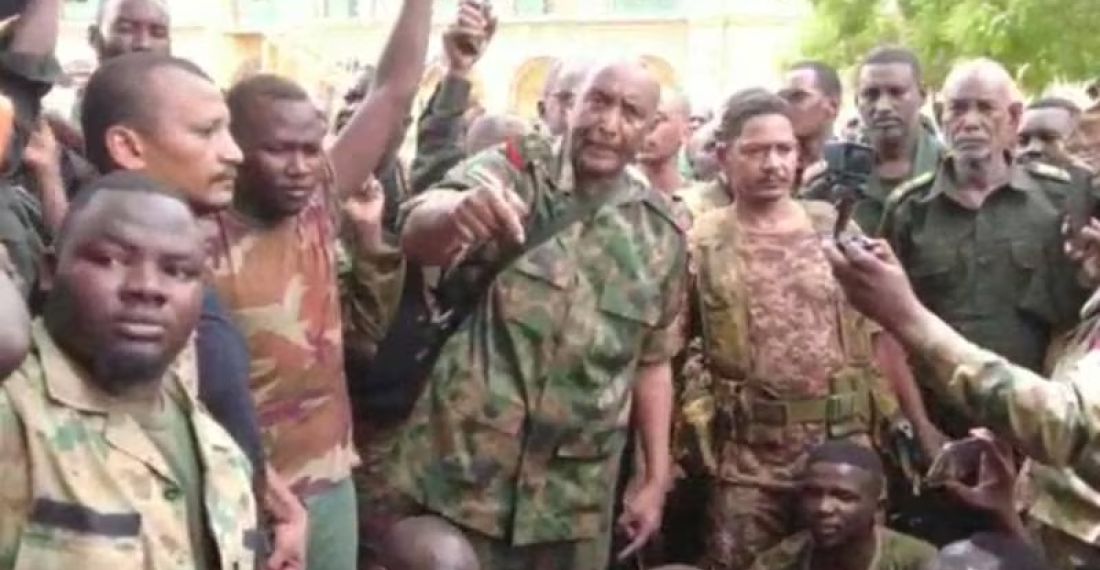The head of the Sudanese army General Abdel Fattah Al Burhan on Tuesday (27 June) announced a ceasefire over Eid Al Adha, the Muslim festival taking place on Tuesday and Wednesday marking the culmination of the annual pilgrimage to Mecca. His announcement came after a day of heavy fighting in the Sudanese capital, Khartoum.
His announcement followed a call for a ceasefire on Monday (26 June) from the Rapid Support Forces (RSF), a paramilitary group against whom the Sudanese army has been fighting since 15 April after negotiations over the transfer to a civilian government failed, and fighting broke out.
Some 2.5 million people are believed to have been displaced, with at least half the population facing a dire humanitarian situation.
Numerous ceasefires have been declared and ignored since fighting between the army and RSF broke out, and several truces were brokered by Saudi Arabia and the US at talks in Jeddah that were suspended last week. Fighting continues, and a quick resolution to the conflict remains elusive.
In his announcement of the Eid Al Adha truce, General Al Burhan also called on youth to join the Sudanese army in the fight against the RSF.
"We ask all of the country's youth and all those who can defend not to hesitate or delay in playing this national role in their place of residence or by joining the armed forces," he said late on Tuesday.






